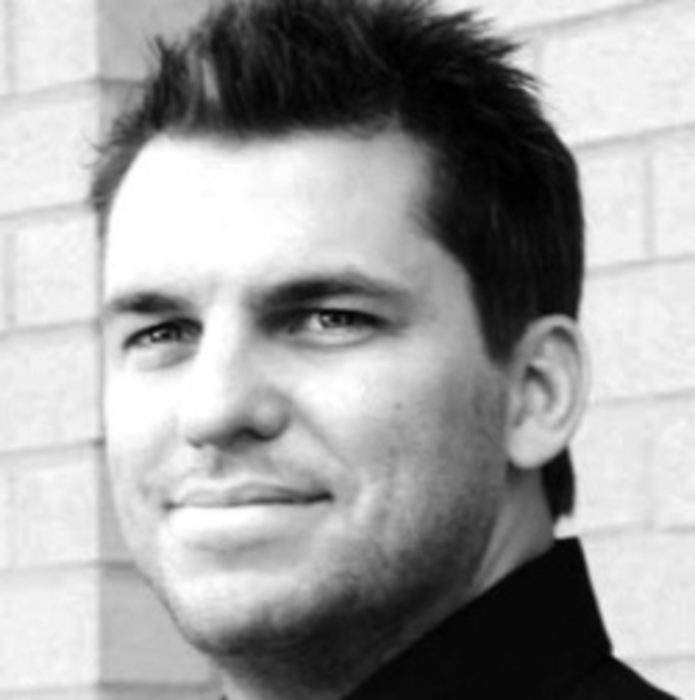Jason Kulpa, Underground Elephant‘s CEO, discusses why being invisible is a best practice and his agency’s survival in time of dynamic change.
Q: Underground Elephant is a young company, founded just three years ago, but much has changed in the market and technology since then. How has your company evolved to meet the needs of this changing industry??
A: Has the competition changed in the past three years? I think so. People don’t have brand loyalty anymore when it comes to major decisions. You only refinance a mortgage once every three years; you only go to school once in a lifetime. I think ?we realized from the get-go that we had to compete with the resources ?we had, which were very little. The only way we could compete was to ?be creative, and we really put a focus on our tech platforms. ?
Q: The name Underground Elephant evokes interesting images, but none that ?seem to really relate to marketing. What’s behind the unusual moniker??
A: It’s hard to forget the funny name. It’s tough to type, but easy to remember. We also believe in being agnostic, in the sense we don’t want to create our own brand interference. In major life decisions, what we don’t want to do is cloud that message at all with our own brand. Our job is not to make us look good, but to make you look good.?
Q: What were the original verticals the company decided to pursue, and what was behind the decision to change this focus to just education, insurance and finance??
A: It related to the scalability of the industry. For example, auto insurance. The market for auto insurance is fairly broad. When we started the company, we were in different verticals: credit card debt consolidation and loan modification. We didn’t really see the value for the users. We needed to focus on scalability with limited resources and time. ?
Q: You refer to an “end-to-end solution for optimal monetization of online media sources” as part of your strategy. Obviously, the focus is on digital channels. But can you explain a bit more what this involves??
A: In the end result, we control the user experience from start to finish. We relieve the brain damage a large client has with the minutiae of day-to-day efficiencies. As a big school or big insurance company, you don’t have a tremendous amount of time to deal with these details. We put a big focus on reliance and a big focus on results, and we keep the purity of the brand first and foremost. Our clients are transparent with us because we control our message to a granular level. ?
Q: It sounds like the agency has to track a lot of data for large clients. How is that managed, and what does the exercise ultimately provide for the consumer??
A: When we find someone who successfully enters a [college] program and they stay involved and graduate, we track that data from the second they clicked the link all the way to graduation. We try to use that to find like-minded people, and then we can retarget. It’s like how an elephant remembers. It provides an awesome experience for the person using the service, and relevant service to the client, which is, in this case, the ?school.








